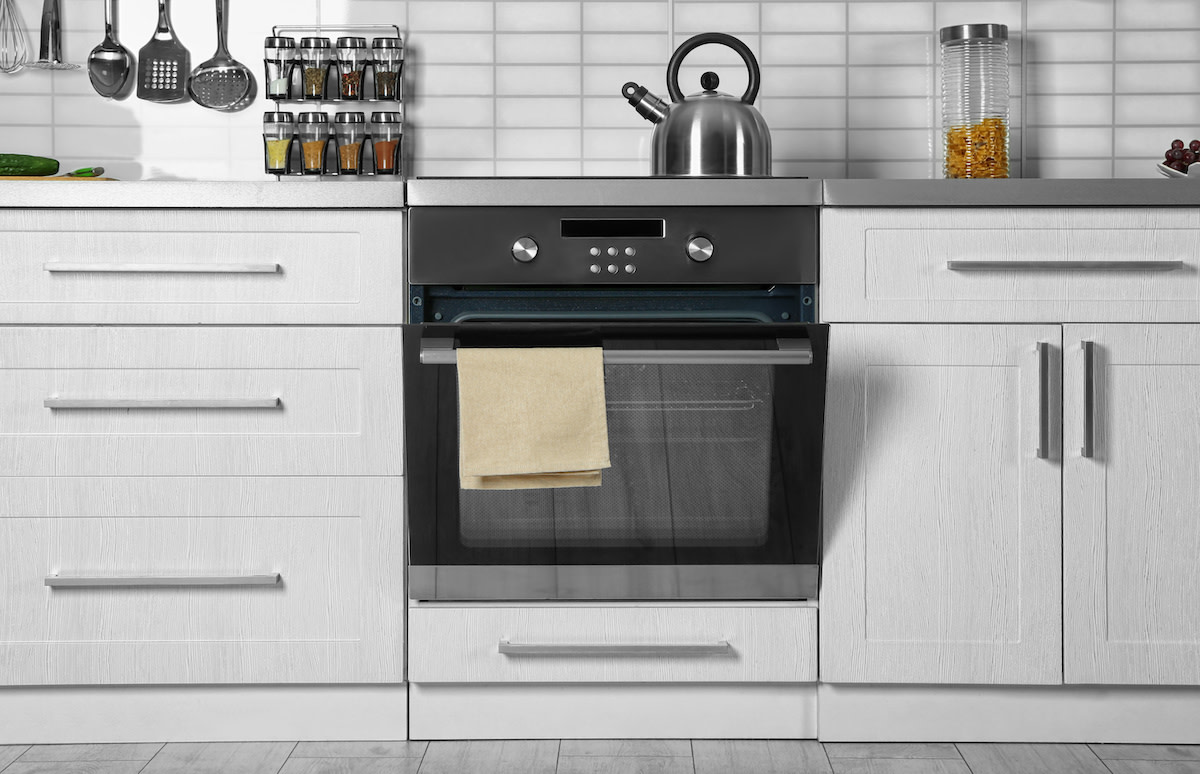Gas vs. Electric Ovens: What Are the Differences?
Written by MasterClass
Last updated: Nov 23, 2021 • 2 min read
The difference between a gas and electric oven is that gas ovens use natural gas as their fuel source, while electric ovens use electricity. You can buy both types of oven as part of a range, a unit that includes an oven and a cooktop.
Learn From the Best
What Is a Gas Oven?
A gas oven is a kitchen appliance that uses natural gas or propane as its fuel source. Gas ovens heat food via radiation from burners located in the oven’s interior. The combusted gas also releases a small amount of moisture that circulates in the air. A gas range is an appliance that includes both an oven and an open-flame gas cooktop.
What Is an Electric Oven?
An electric oven is a kitchen appliance that runs on electricity rather than gas. For years, many electric ranges featured cooktops with electric coils. Newer models favor smoothtop and induction cooktops. Like gas ovens, eclectic ovens have interior heat elements that warm food via radiation.
Gas vs. Electric Oven: What Are the Differences?
If you’re remodeling or building a new home, you may get to choose between a gas and electric stove. Here are some differences to consider:
- Availability: Most homes can accommodate an electric oven. To install a gas oven, you need to run a natural gas line to your kitchen. Before considering other factors, find out if your home can accommodate a gas stove.
- Cooktops: Many cooks prefer gas stovetops for the ability to char foods directly over the flame. Raising and lowering a flame provides an intuitive cooking experience. Electric stovetops, however, have the potential for more even heat distribution. You may not have to choose between an electric oven and a gas stovetop. Dual-fuel ranges feature electric ovens and gas cooktops.
- Costs: The up-front cost of an oven depends more on whether it's a newer model and what features it has than its fuel source. Operating costs, however, are lower for gas ovens. Gas ovens are more energy-efficient than electric ovens, and natural gas is generally cheaper than electricity. However, electric ovens have the potential to run on renewable energy sources like solar or wind power.
- Moisture: Gas burners release some moisture into the air when burning, which can help keep cakes and pies moist. Electric ovens produce drier heat, which helps roasted foods crisp up.
- Safety: Gas ovens aren’t particularly dangerous, but compared to electric ovens, they do pose more safety risks, including gas leaks. Open-flame cooktops bring fire into the kitchen, while induction cooktops do not feel hot to the touch. Gas ovens can also release a small amount of toxic nitrogen dioxide, so it’s important to keep your kitchen well ventilated.
- Speed: Electric cooktops take longer to reach the desired temperature than gas, since the flames provide instant heat. Newer electric models, however, can outperform their gas counterparts. New electric ovens are also faster to preheat than gas ovens.
Want to Learn More About Cooking?
Become a better chef with the MasterClass Annual Membership. Gain access to exclusive video lessons taught by the world’s best, including Gordon Ramsay, Gabriela Cámara, Chef Thomas Keller, Dominique Ansel, Yotam Ottolenghi, Alice Waters, and more.
